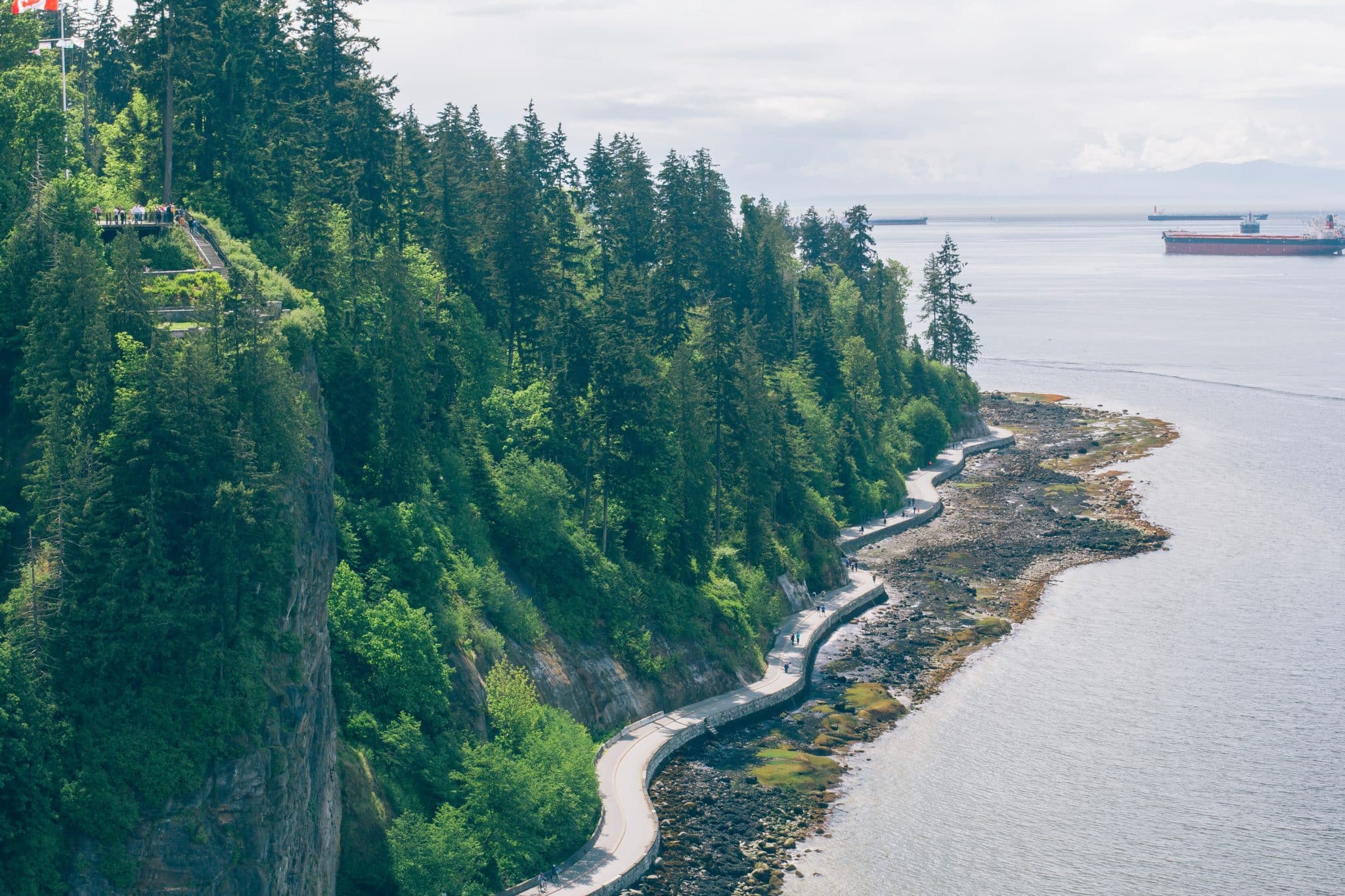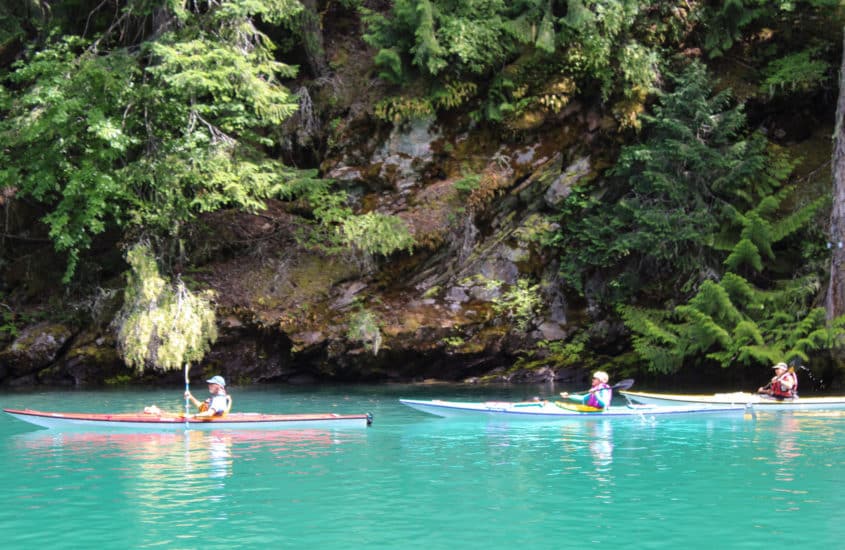With the ongoing pandemic, the global tourism sector is still facing an uphill recovery. But fear not! There is a bright spot. In the US and Canada, tourist arrivals actually rose above 2020 levels in the first nine months of 2021. More people are also traveling domestically after a long period of limited mobility, and are not quite ready for international travel.
You may also be someone eager to pursue “revenge travel” as a way of making up for lost time. But aside from safety considerations, what about the financial worries of traveling? If you’re planning to travel around the US or Canada soon, whether it’s the gorgeous Pacific Northwest or beyond, here are four budget tips to consider:
Travel on points, miles, and other rewards
Credit cards allow you to earn valuable points and miles that can fund your next vacation. Think of these rewards as currency to use for free travel. Once you’ve collected enough points or miles, which are worth a certain amount of money, you can redeem them for free flights or hotel stays. The cardinal rule to point collection? Pay your credit card bills on time and in full, every single month.
If you’ve already been saving airline and hotel reward points for international travel, it’s best to use them soon on a domestic trip. Some airlines and hotels are devaluing their loyalty program points to decrease outstanding liabilities; a flight that used to require 100,000 points could now cost more, so try to redeem your available miles now and make a dent in your balance.
Explore alternative accommodations
Before the pandemic hit, the alternative accommodation industry was on the rise as a hotel industry disruptor in 2019. The demand for alternative accommodation was up 35% year-over-year, as more consumers link a positive home-sharing experience to repeat loyalty business. Airbnb is the obvious frontrunner in this industry, but there are plenty of other options out there. Instead of staying at a chain hotel, you can look into independent guest houses, hostels, apartment rentals, or even book a spare room in a local person’s house.
Not only will this cut down costs, but you can also ask them for their insider-tips and recommendations. Another alternative (but affordable) form of accommodation is camping. This requires a bit more preparation, research, and experience, but it’s perfect if you want to connect with the natural world. See my ultimate guide to glamping.
Deduct travel expenses on business trips
If you’re fortunate enough to be sent on a business trip, you can definitely squeeze in some sightseeing. Even after a busy day of meetings and presentations, you’re going to have some downtime to eat at local restaurants or take a refreshing walk in a new area. One great thing about business trips is that most regular travel costs are tax deductible. You can write off transportation costs, baggage fees, accommodation bills, and even 50% of meal costs as travel expenses.
Of course, there are some caveats to this. The IRS needs to see that this was an official, planned trip where most of your time was spent on work. Expenses should also be “ordinary and necessary”, rather than luxurious or superfluous. Be sure to keep your receipts so you can easily do the math once you get back home, using a tax calculator specific to your locale. Keep in mind that different countries and regions will have their own unique tax computations. The good news is that each country also has their own free tools to compute taxes. So, if you’re a Canadian on a business trip in the US you can use a dedicated calculator to compute regional taxes. One tip is to save all the paperwork from wherever you go in a small envelope, so you can back up your deductions.
Prioritize free attractions
Take advantage of a place’s free attractions, and fill your itinerary with walking tours, museums, libraries, galleries, and city parks. With enough research, you can find places that offer an endless list of very cheap activities to enjoy.
As we mentioned in our article on planning weekend getaways to Seattle, even walking around a small town can lead to shopping along the main street, eating fresh meals, and chatting with hospitable locals. Soak in the atmosphere of your destination by visiting their market, and sense all the aromas, flavors, and textures they experience daily.









